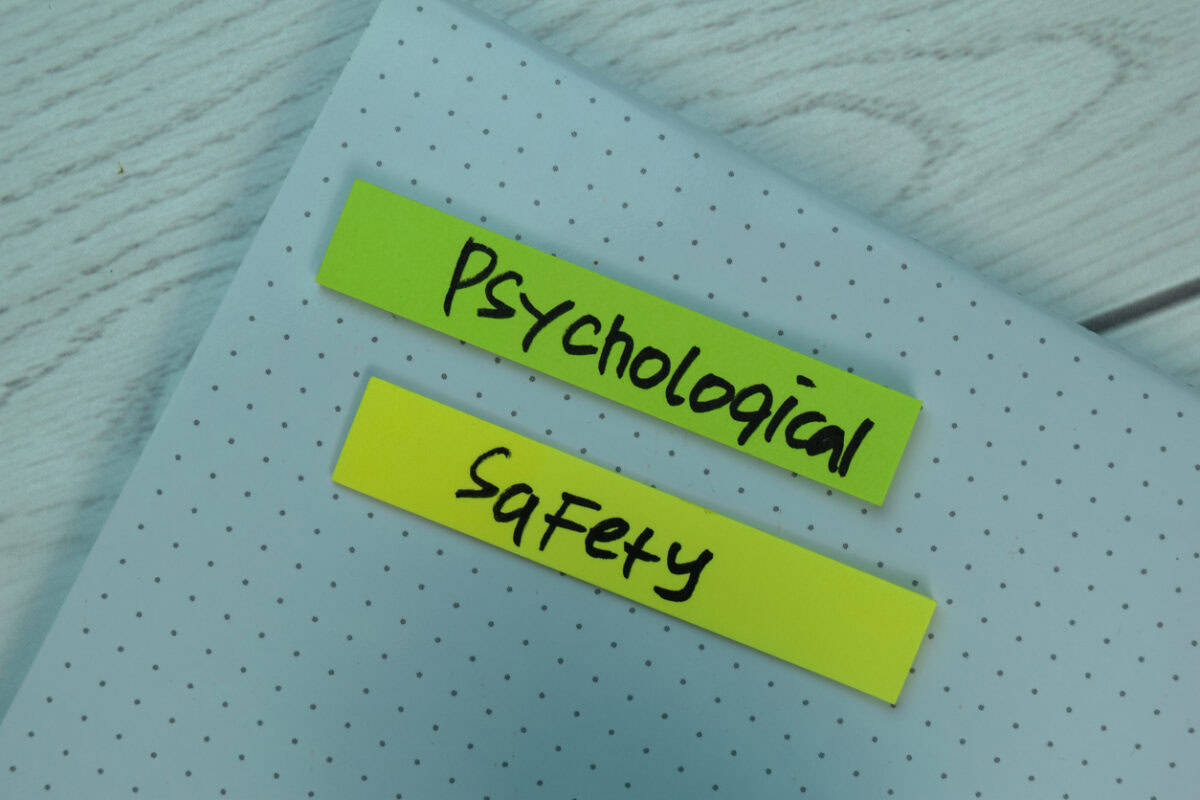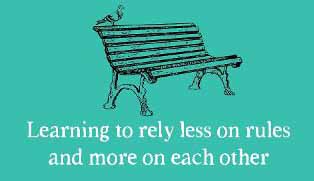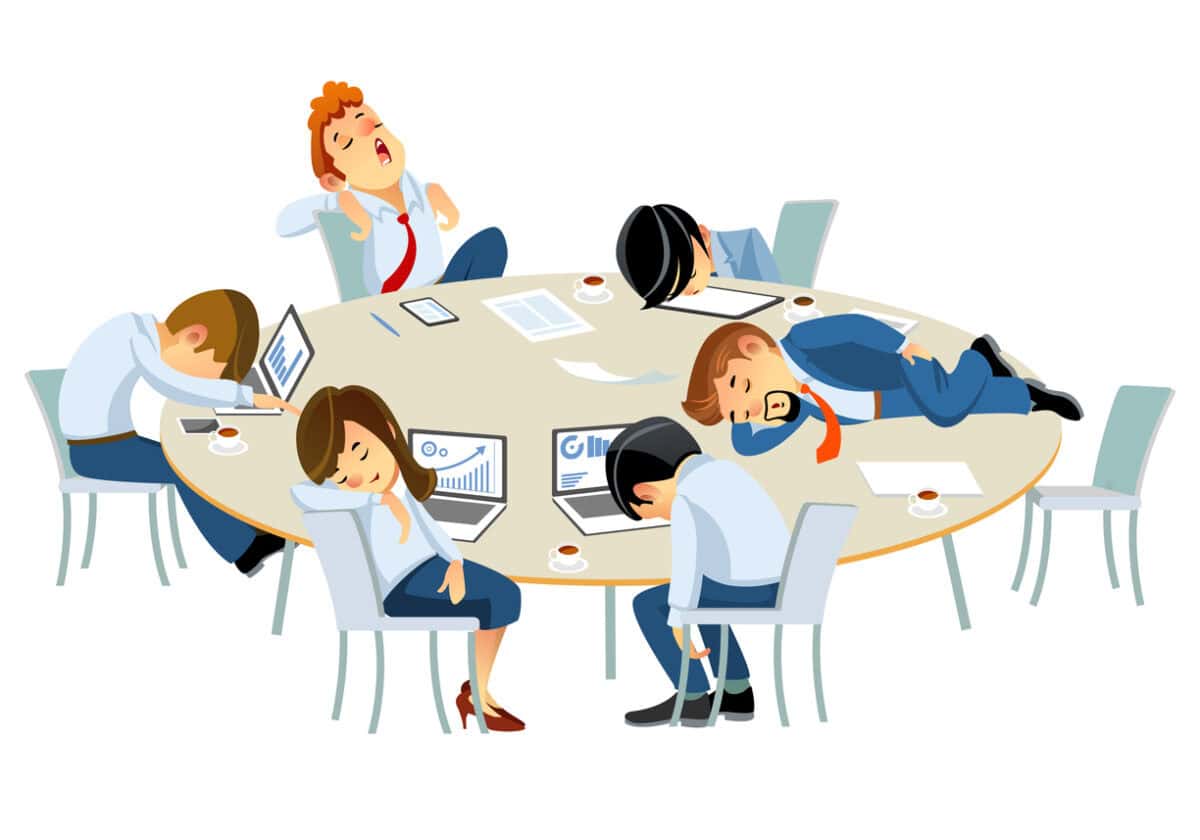Our understanding of stress continues to evolve even though it seems to be splintering into mental health. mental illness, psychosocial harm, mental well-being and more. Recently Orla T. Muldoon of the University of Limerick published “The Social Psychology of Trauma- Connecting the Personal and the Political”. I dipped into this book and found some information pertinent to the occupational health and safety (OHS) approach to post-traumatic stress.
Category: book
The first psychosocial hazards book
It has taken some time for an Australian to produce an affordable book on managing psychosocial hazards in the workplace. I have reservations about The Science of Happy Employees, self-published by Dr Brenda Jamnik. It is not the book I would write if I ever got off my arse to write one, but it seems to be the first that acknowledges the occupational health and safety (OHS) context of psychosocial hazards.
Psychological health and safety book seems dated
There is a new book about psychological safety for organisations. Many have been published over the last twenty years, but the climate, at least, in Australia has changed. Psychological safety is now part of a broader and more inclusive concept – Psychosocial Safety – but many psychologists have not yet caught up, or are in denial or are too embedded in their established services to be able to or willing to change.
Any new book on psychological safety in workplaces needs to be contemporary and reflect these changes. Gina Battye‘s “The Authentic Organisation—How to Create a Psychologically Safe Workplace” is not quite there.
Keep away from Leadership and start to progress
Lately I have been thinking a lot about Leadership and how it dominates, and unchallenged, how occupational health and safety is managed in Australia. Of the three OHS/business books I bought this week, one included a page about Leadership and how we should move away from it.
Broadening the OHS perspective
Over the last decade, the occupational health and safety (OHS) profession has been challenged by a new perspective on OHS and its professional interaction with it. Safety Differently, Safety II or some other variation are important and intriguing variations, but they seem to remain confined to the workplace, the obligations of the person conducting a business or undertaking, and/or the employer/employee relationship. The interaction of work and non-work receives less attention than it deserves.
Many OHS professionals bemoan OHS’ confinement to managerial silos but continue to operate within their own self-imposed silo. One way for OHS to progress and to remain current and relevant is to look more broadly at the societal pressures under which they work and how their employees or clients make OHS decisions. Some recent non-OHS books and concepts may help.
OHS needs to face some moral questions
Regular readers may have noticed that I want to push the occupational health and safety (OHS) profession to think deeper and more broadly about their usually chosen career’s political and socio-economic context. The reasons for OHS’ overall lack of success in making work and workplaces safer and healthier are not only within those locations and activities but also in the limitations that many OHS people place on themselves.
More and more, I look outside the existing OHS research and trends for explanations of why OHS is treated shabbily by employers and corporations and, sometimes, the government. A new book on Growth by Daniel Susskind is helping in this quest. Below is an extract from the book that, I think, helps explain some of OHS’ predicament.
The occupational context of burnout is largely missed in this new book about exhaustion
Burnout continues to have its moment in the sun. It is the cover story of the February 2024 edition of Psychology Today and is a major theme in a new book about exhaustion. The World Health Organisation’s (WHO) declaration of burnout as an “occupational phenomenon” is downplayed or ignored in both publications.







